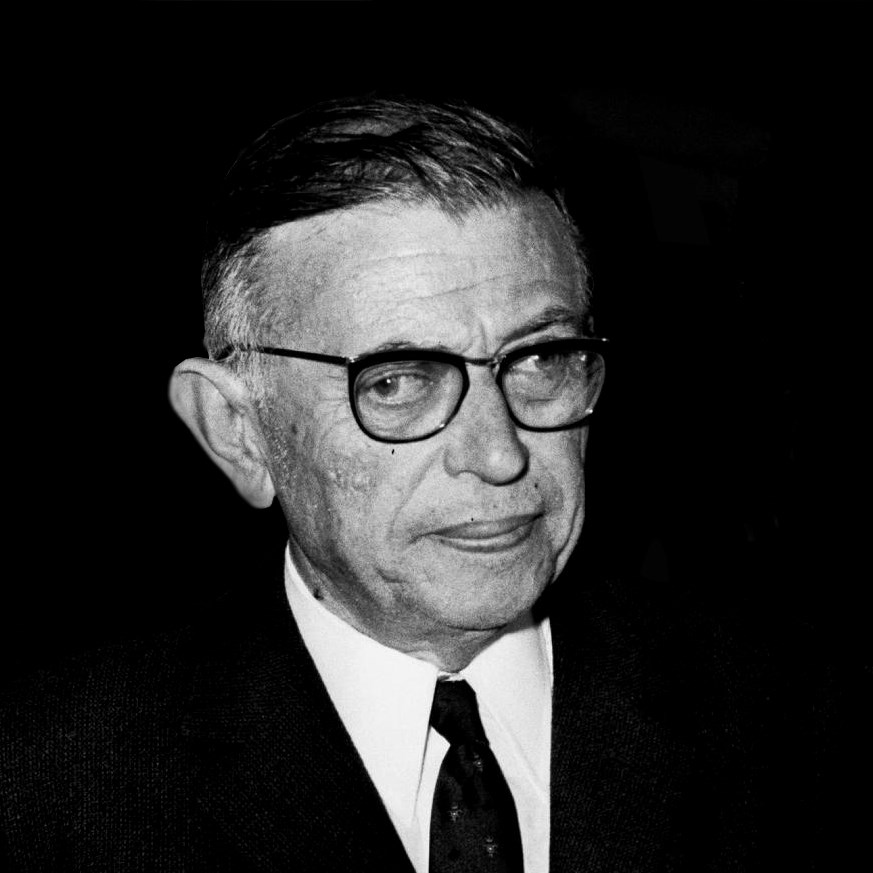For whatever reason, Christmas, especially this 2020 Christmas, takes me back to those wonderfully confusing November days as a first-year undergraduate at the University of Sydney in 1961, anxious to experience whatever higher education had both to offer and demand of me.
I had joined a social group that happily mixed beer and discussions of existentialism as only innocently youthful wannabe intellectuals could do without fear of revealing our mutually profound ignorance.
We discussed and most significantly misunderstood the complex existentialist philosophies of Kierkegaard, Sartre and that high priest of the examination of the angst of lived existence, Martin Buber.
Buber was in the news at the time because a federal senator, not having read Buber’s treatise on the individual’s responsibility to others Between Man and Man, apparently thought it was some kind of instructional handbook and sought to have it banned from Australia.
Mind you, this was the same kind of political insight which sought to ban Enid Blyton’s books from school libraries because of a suspiciously close relationship between Noddy and Big Ears.
Seriously. Nobody could make this stuff up but that was all part of the fun of the conservative 1960s in Australia.
But then, thankfully in the midst of all this comedy of the absurd, came the news that existentialist deity Martin Buber would not only be visiting Australia but would come to our University of Sydney to speak.
What a Christmas gift to those of us trying to learn how to think about the philosophies and, to us, almost impenetrable thinking of Buber and the other existentialists.
The great day came and we all headed to the university’s Wallace Theatre where we found, astonishingly, the world’s leading religious existential writer and philosopher of the day standing at the door like the village pastor and welcoming us one by one.
I’ve never forgotten Buber’s first words when he spoke to us from the lectern — “the most important message one human being can communicate to another is ‘you have nothing to fear from me.’ ”
That’s a powerful message exclusive of any religious overtones now or at any other time of the year. It has been one which informed my own approach to 16 or so years of classroom teaching and a further 20 or so years in various roles in public education — “you have nothing to fear from me.”
It is a message I see, time and time again, coming naturally from successful communicators from Barack Obama to Dr. Bonnie Henry.
It is also a message which, especially now as we chafe under the COVID-19 restrictions about Christmas togetherness makes us consider our responsibilities to those beyond our immediate selves.
I’ve never forgotten Buber’s visit to our university partly because of what we had read of this “I-Thou” philosophy but which, young and idealistic as we all were, resonated alongside the simplicity and humility Buber displayed that day.
So it would be tempting, especially at this time of year to attempt to delve deep into a philosophical interpretation of what Christmas can or should mean to us but fortunately for you, the reader, I have neither the intellectual capacity nor the educational foundation for that.
Suffice it to say that Christmas is a time in our collective culture normally reserved for togetherness — something that even in what has been a difficult year for so many, is inadvisable and dangerous in both the immediate and the long term.
That makes Christmas challenging because we have to live without the ordinary activities and connections that make Christmas feel worthwhile.
Lockdowns to neutralize the pandemic have meant people are prevented from doing activities they normally find deeply meaningful. How would the great existentialists advise us to respond to this situation?
My own very superficial understanding of fatalists like Nietzsche (“that which does not kill us makes us strong”) and the “other-centredness” of Buber advises that it is important to try to identify whatever options the individual may have to exercise in the situation to stay safe and to act to keep others safe.
French existentialist Jean-Paul Sartre wrote some of his most influential work including a theatrical drama about Christmas while he spent nine months as a prisoner of war in Stalag 12 in Nice and acknowledged, possibly for the first time, the full meaning and broader implications of that currently over abused cliché about the acceptance of now — “it is what it is.”
As Sartre wrote, “we are our choices.”
Geoff Johnson is a former superintendent of schools.



